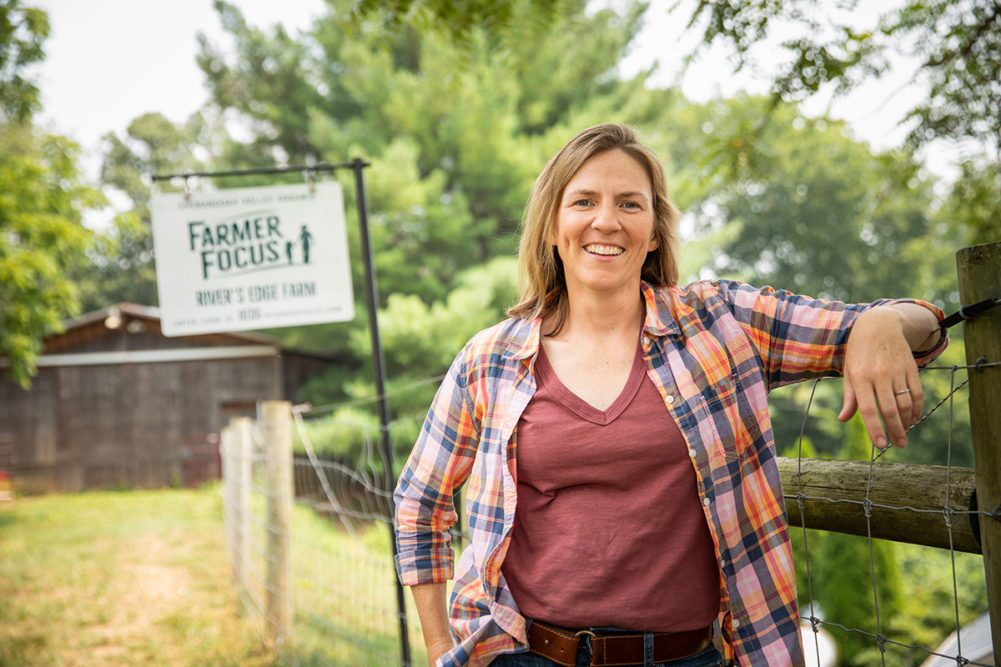Organic meat consumers are motivated mainly by the added health and environmental benefits that organic food can deliver, said Elizabeth Figueredo, quality and regulatory lead at Quality Assurance International, an NSF organic company and leading provider of organic certification.
Therefore, Figueredo noted, combining education and storytelling about these benefits and the steps the industry has in place, such as the recent reforms of the USDA organic regulations to ensure the integrity of organic food and ethical food production, will build a strong connection with consumers.
Another way to market in this sector is to help consumers try new flavors and experiment with them. Mark Saylor, director of category management, research and analytics for Farmer Focus — Shenandoah Valley Organic, noted utilizing online content to teach consumers about flavor profiles for products and how to pair them with other sides works well.
“We try to work with retailers on this by suggesting cross-display opportunities, such as produce into the protein space that provides mealtime inspiration,” he said. “The key is that consumers want to be involved in the process, so retailers and producers need to set consumers up for success — suggest to them but not dictate.”
One last tactic is to build on the desire for human connection. For instance, Farmer Focus always includes its founder’s picture and background on every label as well as pictures of farmers.
“Consumers want to know that they aren’t just funding a company, they are supporting human beings and small businesses,” Saylor said.
Organic meat sales continue to grow, though slowly, despite record inflation and the strict standards that organic livestock operators must adhere to produce their products.
“This growing demand is driven by increasing concerns over animal welfare and meat quality, and greater demand for local, organic and sustainable foods in the wake of the pandemic,” Figueredo said.

